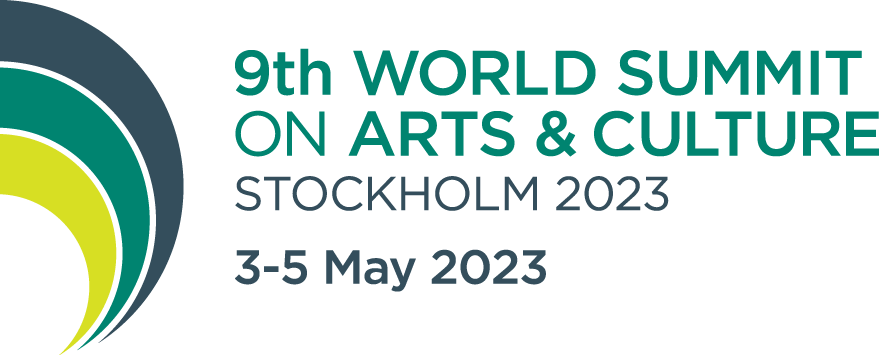About Friday 5 May: DAY THREE
Day Three will entail dynamic reflection on the provocations, challenges, and inspirations experienced by participants throughout the Summit programme. We will invite participants to collectively find solutions that can be used in local contexts; explore future possibilities; and navigate how our thinking and perspectives may – or may not – transfer across different geopolitical realities. We will consider next steps, what tools we have in our toolkit and how they can be organised, used and monitored to maximum effect.
With close to 150 nations ratified, UNESCO’s 2005 Convention on the Protection and Promotion of the Diversity of Cultural Expressions provides a framework for informed, transparent and participatory systems of governance for culture. One of its four goals aims to support international and national legislation related to human rights and fundamental freedoms promote both artistic freedom and the social and economic rights of artists. The 2005 Convention together with the 1980 Recommendation concerning the Status of the Artist and the International Covenant on Economic, Social and Cultural Rights amongst other international instruments are key reference points in looking at the future of tools and resources to strengthen and advance artistic freedom.
Subthemes
Subthemes, underpinned by issues of social justice, rights and equity, will include:
Relevance and sustainability: including supporting the long-term importance and continued relevance of the cultural and creative sectors, and the public agencies that work to advance them; different approaches to investment and policy; and different structures that could be developed and implemented.
Change and disruption: including equity-centred approaches and how we can manage, embrace and actively engage with inevitable and ongoing changes.
Collaboration: including participatory cultural governance and opportunities for different actors across the cultural ecosystem to work together to secure cultural rights and forge a future in which creativity and artistic freedoms abound.
Key questions
Key questions will include:
What tools, structures and thinking do we need for the cultural and creative sectors to strengthen and advance artistic freedom, to improve how they are managed and how their policies are made?
How do we ensure that these tools are useful, relevant and used effectively?
What do we need to keep, build upon, or discard?
Do we need new models for investment, collaboration and exchange to develop and support independent, challenging, relevant, diverse and sustainable contemporary practices, across borders?
How can we build support for change and prepare for a post-COVID context that is likely to be very different, and politically, economically, socially, technologically, environmentally, and culturally challenging?

